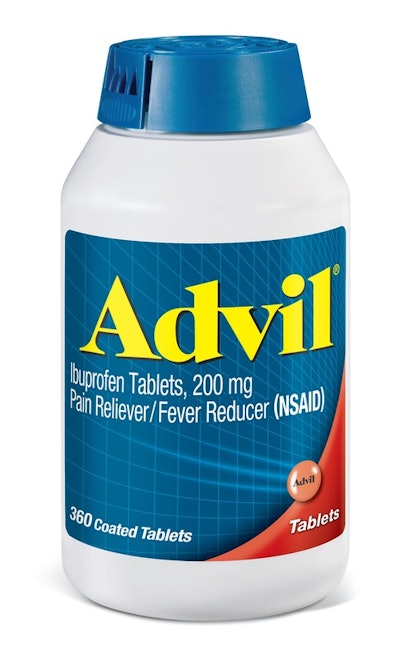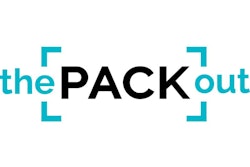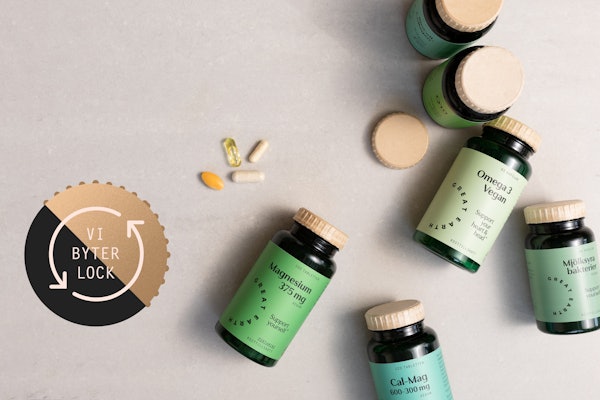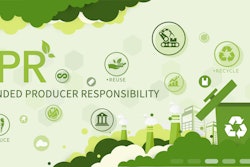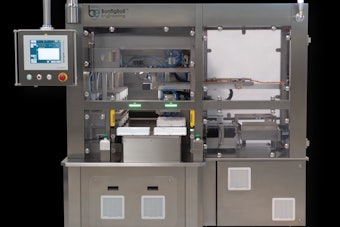Sustainability is always a hot topic. This year, Advil’s new reduced bottles hit shelves, and we talked with GSK’s Sarah McDonald about the technology behind the switch, as well as larger sustainability goals around renewable energy and more.
It’s no secret that consumers are demanding environmentally friendly products and packaging, and this includes over-the-counter (OTC) medications. In April, GSK Consumer Healthcare announced its commitment to reducing the plastic in over 80 million Advil bottles by 20% (annual volume), which the company reports will result in a reduction of nearly 500,000 pounds of plastic in the environment annually.
The updated bottles have already begun hitting retail shelves in the U.S. The Advil portfolio will have transitioned by 2022 online and on retail shelves nationwide, with the exception of Advil “easy open” bottles. “The first focus has been to do this in the U.S. because that's where we have our biggest Advil business and where we can create the biggest impact in terms of saving plastic,” says Sarah McDonald, vice president of sustainability at GSK Consumer Healthcare. “So that's been the first focus, and then we’ll move onwards from there to other geographies.”
Healthcare Packaging spoke with McDonald (virtually) to discuss the project, goals, and more.
Continue to the full article here: GSK’s Head of Sustainability on Advil Bottles’ 20% Plastic Reduction
Prefer video? Click here: GSK Cuts Advil Bottles’ Plastic by 20% with New Tech
